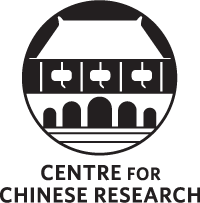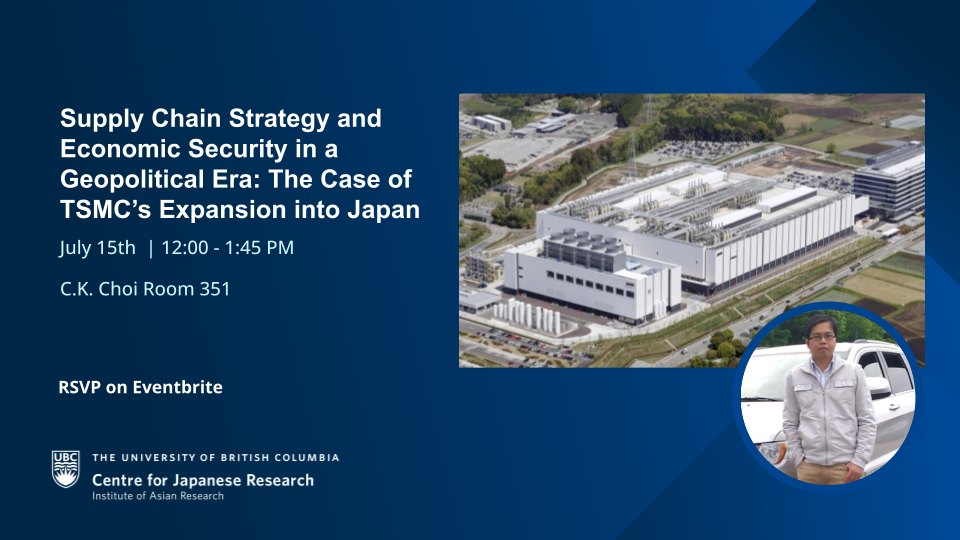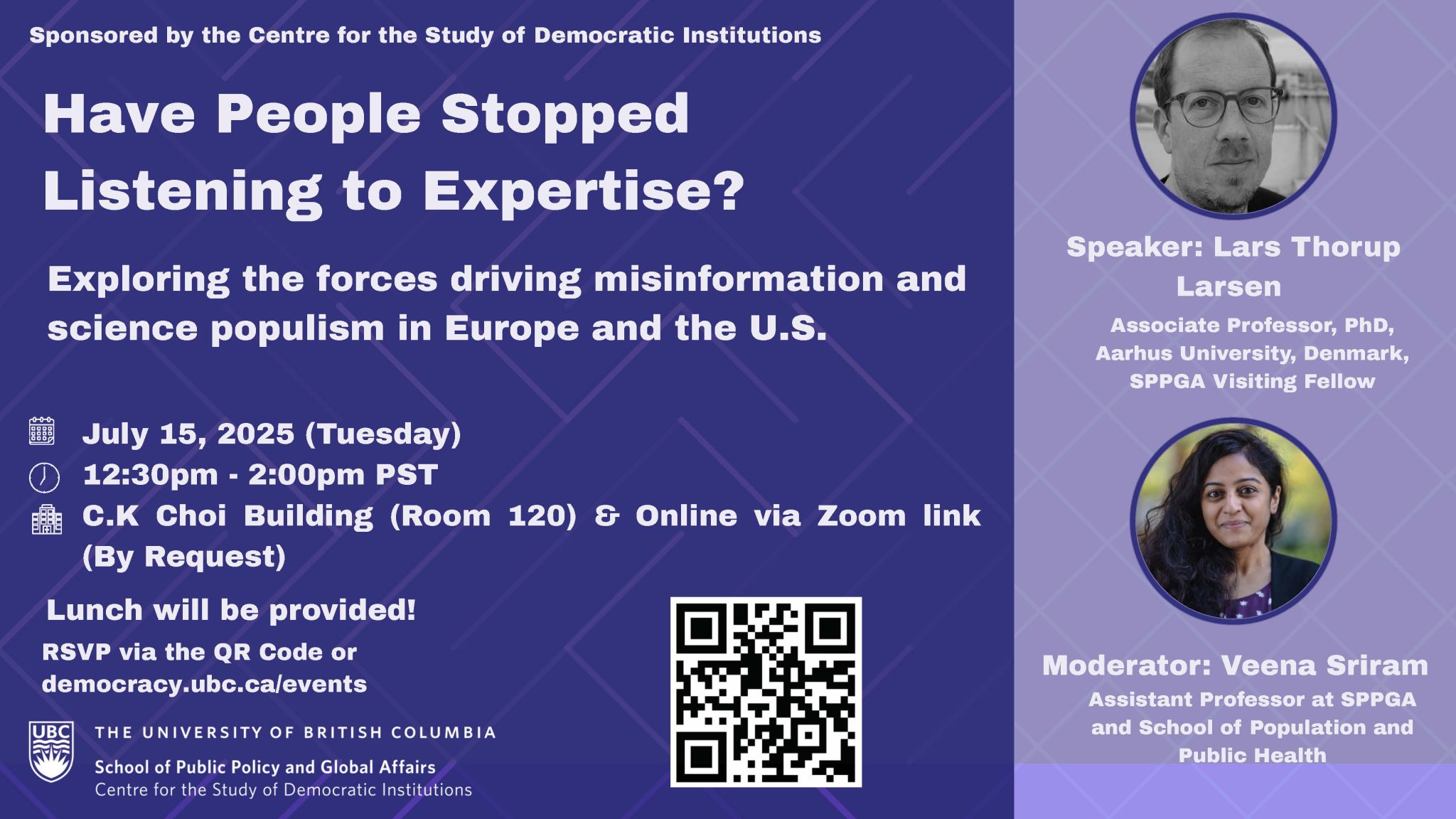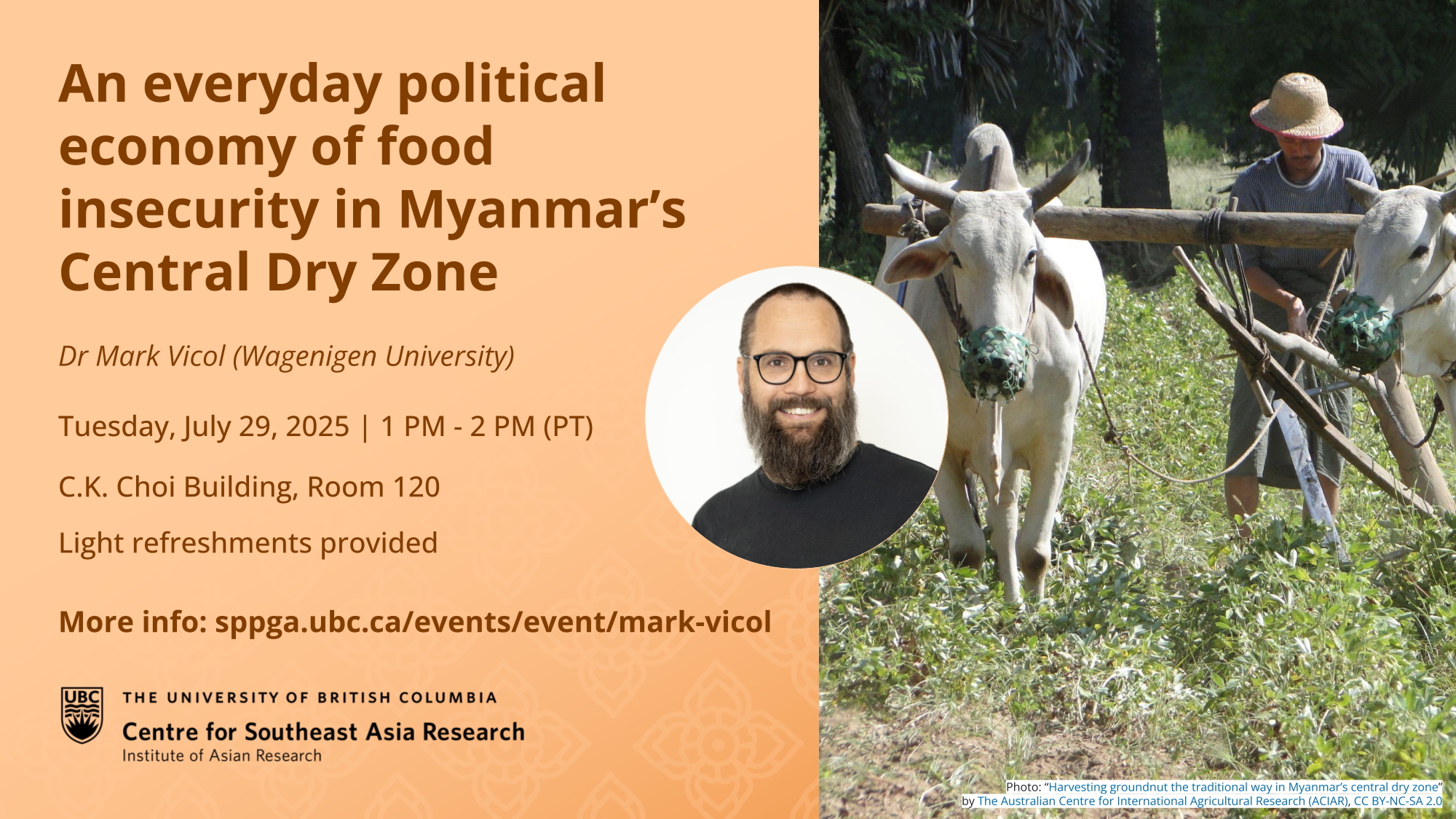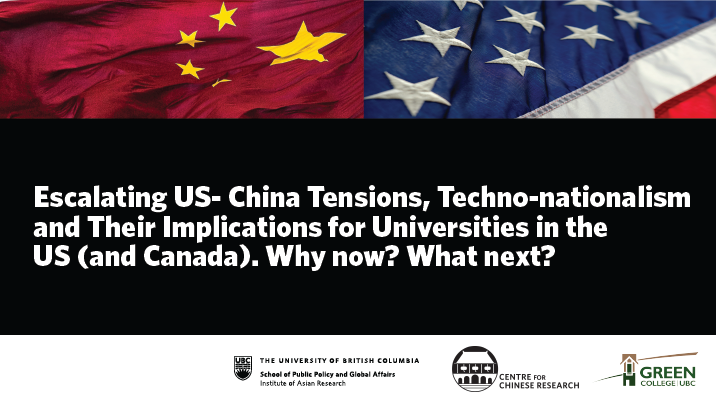

Relations between the United States and China are souring dramatically in what is rapidly becoming a Cold War setting. This is having significant impact on multiple sectors including universities that over four decades have built a web of linkages largely regarded as of mutual advantage. In particular, faculty in STEM and other fields including bio/medicine and Chinese students at American universities, have become increasingly entangled in the escalating confrontation between Washington and Beijing.
Presidential directives, Congressional committees, actions by federal departments and funding agencies (including NIH and NSF), as well as steps taken by some university administrations, have had a major impact on university-based research collaborations with Chinese counterparts.
Leading researchers, the majority of them of Chinese descent, are charged with betraying the trust placed in them by university administrations and federal granting agencies by transferring cutting-edge knowledge back to China as part of “whole of society” efforts to enhance China’s economic and military power at the US’s expense.
In this online encounter we will ask:
- What are the national security and integrity of research considerations behind these actions?
- What is the scale and scope of activities considered improper or illegal?
- What have been the consequences for American universities and how have they responded?
- What are the implications for third countries, including Canada?
- How do we balance the advantages of open science, collaborations, education and exchange with the need to protect national security, maintain cyber security, safeguard intellectual property, and maintain ethical standards?
Moderator: Meigan Aronson, Dean of Science, UBC
Presenters:
- Paul Evans, Professor, School of Public Policy and Global Affairs, UBC
- John Krige, Regents Professor Emeritus, Georgia Tech; Distinguished Visiting Fellow, Green College, UBC
Commentator:
- Allison Macfarlane, Director and Professor, School of Public Policy and Global Affairs, UBC
View the event recording here.
Speakers’ Bios:
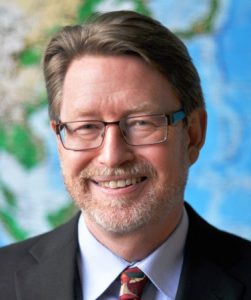

Paul Evans (PhD with distinction Dalhousie University 1982) has been a Professor at the University of British Columbia since 1999, teaching Asian and trans-Pacific international relations. His work was based at the Institute of Asian Research and the Liu Institute for Global Issues which are now both located in the School of Public Policy and Global Affairs (SPPGA). An advocate of cooperative and human security, he has been studying and promoting policy-related activity on track-two security processes and the construction of multilateral institutions since 1988. His recent writings and media commentaries have focused on Canada-China relations, Asian security dynamics, and the emergence of techno-nationalism as a defining force in regional affairs, including a recent essay “Techno-nationalism in China-US Relations: Implications for Universities,” East Asian Policy, June 2020.
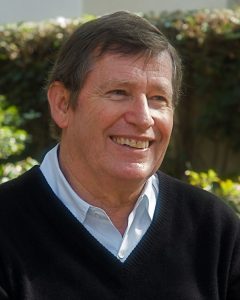

John Krige is Regents Professor Emeritus in the School of History and Sociology at the Georgia Institute of Technology in Atlanta. He is an historian working at the intersection between science, technology and foreign policy. He has been a Visiting Fellow in Residence at Green College, and at the Liu Institute for Global Issues. His most recent monograph, co-authored with Mario Daniels (Amsterdam), is entitled Knowledge and National Security in Cold War America (University of Chicago Press, in press). He is also the author of a recent essay, “Scholars or Spies? U.S – China Tension in Academia,” China Currents, Fall 2020. He has retired and lives in Paris.
Moderator’s Bio:
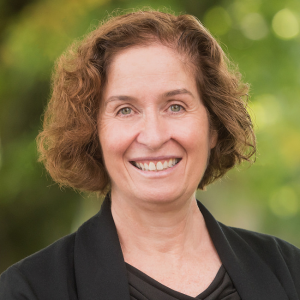

Dr. Meigan Aronson was appointed Dean of the Faculty of Science at the University of British Columbia (UBC) on September 1, 2018. Dr. Aronson brings a strong commitment to research, teaching and learning. She has an extensive publication record (more than 140 articles, including in Nature Communications, PNAS, Physical Review Letters, and Physical Review B). She has been honoured with a number of fellowships, including American Physical Society Fellow, and most recently, Fellow of the Neutron Scattering Society of America. To date, Dr. Aronson has received more than US$13.5 million in sponsored research support. She is passionate about mentoring students and postdoctoral fellows, and has a deep commitment to diversity and improving the success of students and faculty.
Commentator:
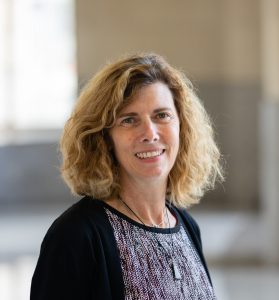

Webinar Poster
Co-Sponsors: The Centre for Chinese Research, the Institute of Asian Research, the School of Public Policy and Global Affairs, as well as Green College, UBC
